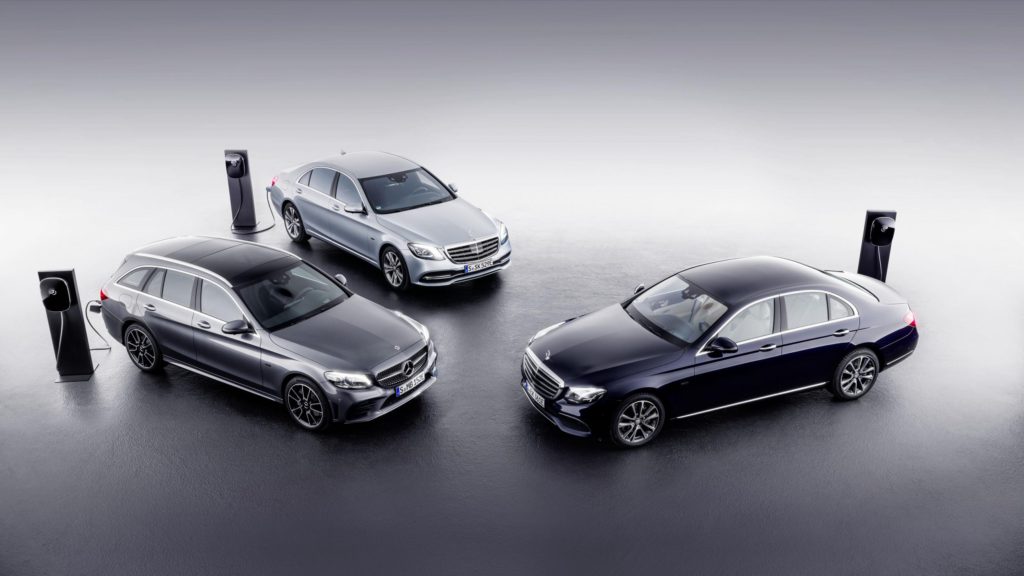Daimler reduces EV sales forecast as EQC production will be slow to start
20 September 2018

20 September, 2018
Daimler CEO Dieter Zetsche has scaled back the company’s early forecasts for electric vehicle (EV) sales, after originally saying the technology would make up 25% of sales by 2025.
Speaking at the launch of the company’s first EV, the EQC, Zetsche suggested that forecasts of 15% to 25% were ′estimated very heavily from a top-down analysis.’ The company now believes that as it is only just entering the market, sales volumes will reach the lower end of estimates by 2025.
′We will have harder evidence to answer that question better once we see just how customers react to the vehicle,’ he added.
Daimler aims to guarantee the same level of quality for electric vehicles as it does for the combustion engine vehicles it has built for more than a century. ′Our sales organisation and dealers would have been happier with a much earlier and much steeper ramp-up of production, so this has it has nothing to do with demand,’ Zetsche said. ′This is a new technology with new challenges, so we believe a flatter curve is more sensible.’
Zetsche also gave his strongest indication to date that, while electrified vehicles may dilute the brand’s profitability at first, it will not be a money-losing business.
′That would be the case if the EQC generated negative contribution margins, then higher volumes would certainly hurt,’ he explained, refuting speculation that an increase in production would result in a decrease in earnings on an absolute basis. ′This vehicle will have a positive contribution margin from the first car on,’ he said.
Warranty worries
However, Mercedes-Benz has suggested that it will increase production of the EQC gradually in 2019 to ensure that warranty costs for the SUV do not increase rapidly.
The brand’s head of production and supply chain management, Markus Schaefer, said his main concern was monitoring the expensive, 80-kilowatt-hour lithium-ion battery, rather than ramping up assembly in the two-vehicle plants in Bremen, Germany, and Beijing, China.
′We want to be sure we deliver Mercedes quality from day one in all aspects, and we have to watch the warranty side for customers as well,’ Schaefer told reporters at the launch event. ′We don’t want customers ending up at the mechanic later.’
′Slowing down the ramp-up is a tool to make sure we do it right, to address all the unknowns that an electric car brings,’ he said.
The move is sensible with the company embarking on a new era, with an unproven technology developed by the carmaker. The main area of worry for the business is problems with the lithium-ion battery, which the company outsources supply of and is an expensive component.